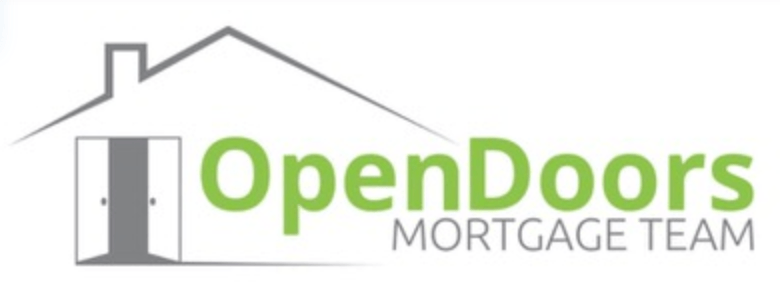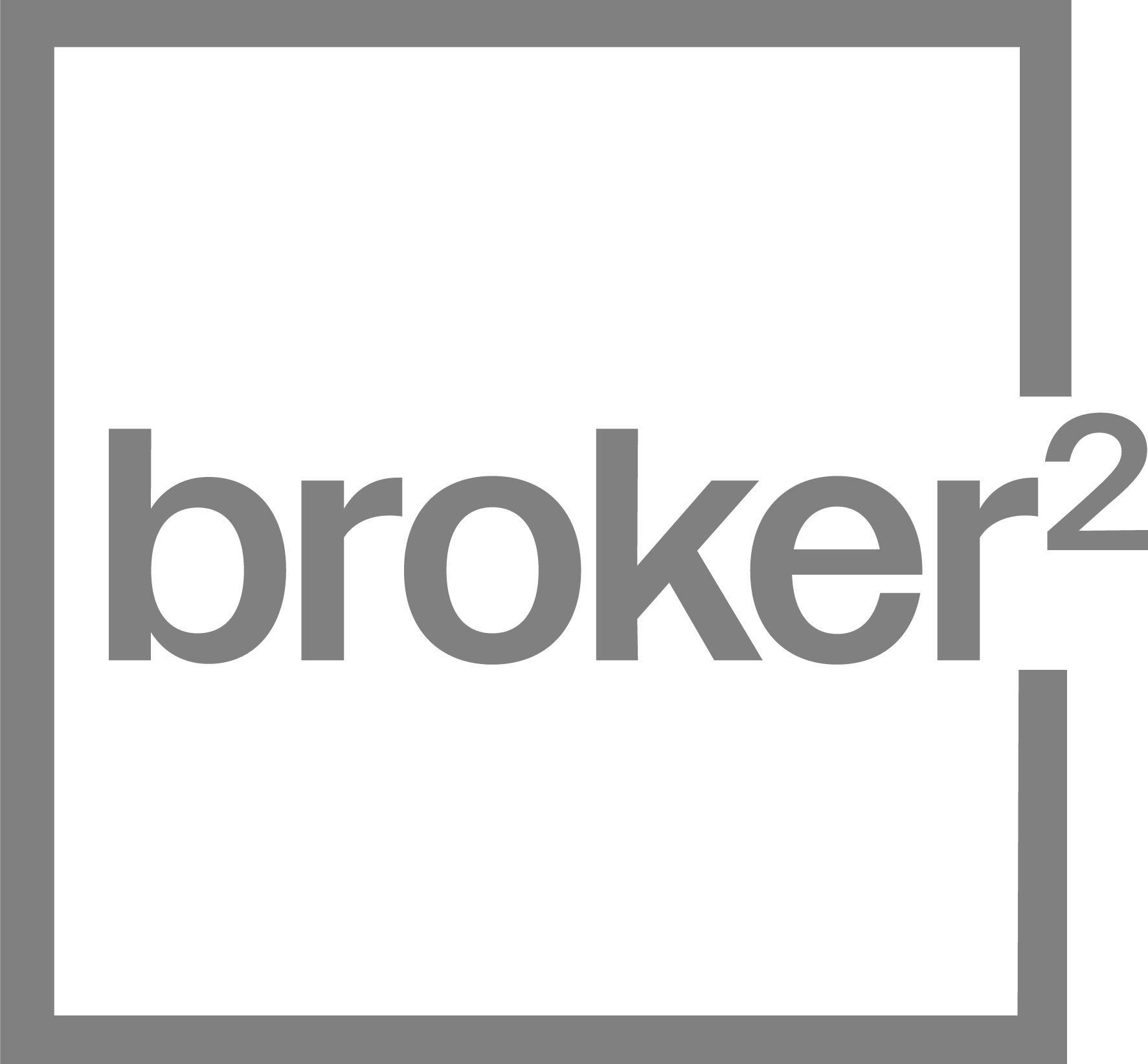MORTGAGE RESOURCES | CLOSING COSTS
WHAT ARE CLOSING COSTS?
Closing costs are the fees associated with the purchase of your home that is in addition to the actual purchase price, such as legal fees and disbursements, land transfer taxes and moving expenses. Please note that for CMHC (Canada Mortgage and Housing Corporation) and Genworth Financial Canada insured mortgages, you must provide evidence of available cash for closing costs equal to 1.5% of the purchase price. This is a standard calculation and the lawyer or notary you use will determine final/exact closing costs.
HOW ARE CLOSING COSTS CALCULATED?
This tax is payable on the purchase of all real property in B.C. The calculation is based on 1% of the purchase price up to $200,000 and 2% of any amount above $200,000. Most first time buyers are exempt from this if they meet certain criteria and always confirm with the lawyer you are using for the purchase. The main criteria are:
Borrower has never owned a principal residence anywhere in the world;
Maximum purchase price of $475,000; partial exemptions available to $500,000
Must be a Canadian citizen or permanent resident, and residing in B.C. for a minimum of 12 months.
LEGAL FEES
Legal representation will cost you approximately $1100 for a purchase and a mortgage, add another $900 if you are selling a property at the same time.
INTEREST ADJUSTMENT EXPLANATION:
The interest adjustment date is the date from which your lender actually starts calculating the interest you’ll pay. It’s basically the date on which the term of your mortgage really begins. Interest adjustment generally takes place on the 1st day of the month after the completion date. For example, if your completion date is June 20th and you choose the monthly payment frequency option please see dates:
Completion date is June 20th
Interest adjustment date is July 1st
First full payment date is August 1st
TITLE INSURANCE/SURVEY CERTIFICATE
A bank will either require title insurance or a survey certificate. The majority of banks are now requiring title insurance and the lawyer or notary you choose will be able to explain the differences and go over pricing.
PROPERTY APPRAISAL
The property is evaluated by a professional appraiser to determine the market value of the property. This is done on conventional mortgages (down payment is 20% or greater, private transactions and properties to be used for investment purposes. This is to ensure that:
The lending institution is not over lending on the property and;
To protect the borrower from over-paying. Generally, a standard residential appraisal will cost $275.
PROPERTY INSPECTION
An inspection is a thorough evaluation of the structure, systems and components of a home. The inspection report is usually multi-paged, and comments on the condition of, but not limited to foundations, electrical, plumbing, heating, water heaters, appliances, fireplaces, drainage, roof, walls, floors, attic, crawl spaces, patios, etc. This report is for the sole benefit of the buyer and is not required by the bank.
PROPERTY TAX ADJUSTMENT
Generally, property taxes for the calendar year are paid at the beginning of July. If you purchase a property before July 1st, the seller will be paying you for the days they owned the home from January 1st to the completion date.
You then are responsible for the entire amount to be paid to the municipality on July 1st.
If you purchase a property after July 1st, you will pay the seller for the days you own the property from completion day to December 31st, as they will already have paid the entire amount to the municipality on July 1st.
To calculate this amount: one day’s taxes on owner-occupied properties are the annual taxes, less $570 (estimate) home owner grant, divided by 365.
INSURANCE BINDER
This is a requirement by the bank to ensure that the borrower has arranged sufficient insurance to cover any
losses that may be incurred on the purchase. Proof of coverage by way of an insurance binder supplied by the insurance agent is necessary and usually costs $35.
FIRE INSURANCE
The mortgage lender will insist that you purchase an insurance policy which guarantees that, in the event of fire, the home will be rebuilt to a standard that ensures the bank’s collateral is not in jeopardy. Fire insurance is normally applicable to only houses and not strata units (ie townhouses and condos).
Send a Message
Send A Message
Thank you for contacting us.
We will get back to you as soon as possible.
Oops, there was an error sending your message.
Please try again later.
© 2025
Open Doors Mortgage Team, Verico BrokerSquared Open Doors Mortgage Team. All Rights Reserved



